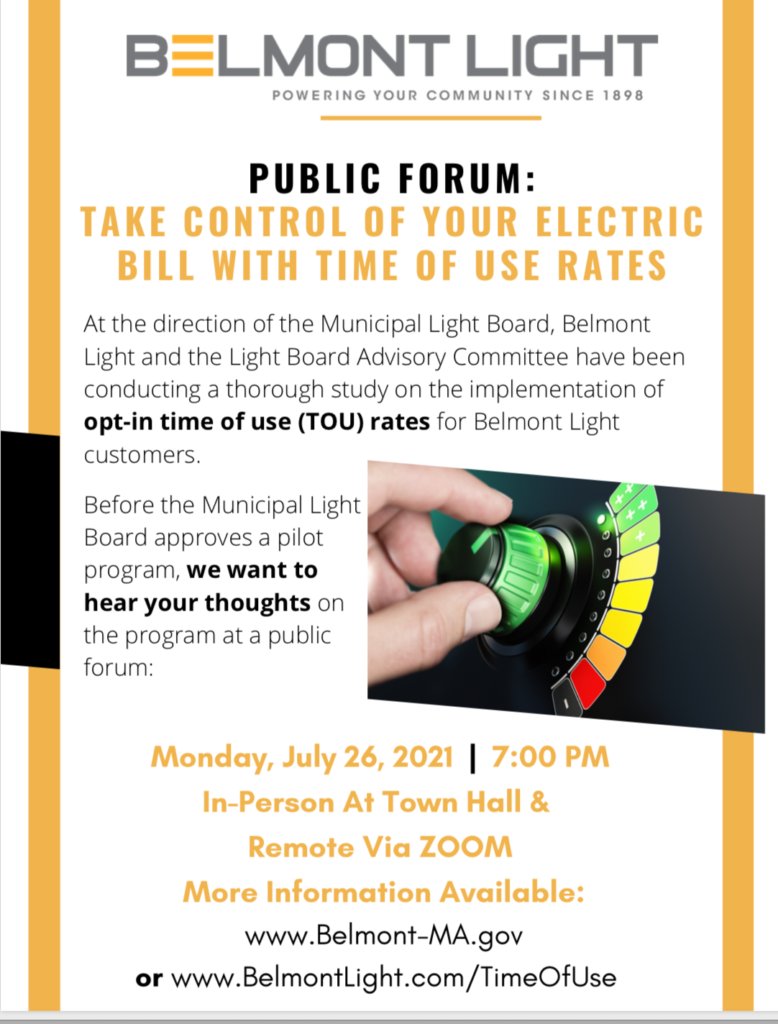Photo:A STIHL® Electric Blower(credit: STIHLUSA)
Join Belmont Light, Sustainable Belmont, and the Belmont Energy Committee for ‘Belmont Goes Electric!’ a joint home and garden electrification event on Saturday, Sept. 17, at 10 a.m. to 2 p.m. at the Chenery Middle School, 95 Washington St.
Events will include:
- Test drive or ride along in a number of All-Electric and Plug-In Hybrid Vehicles from dealers and residents.
- Talk with a representative from the handheld power equipment firm Stihl about battery operated yard equipment, including leaf blowers, lawn mowers, and more.
- Discover the benefits and affordability of going electric in your home, garage, and yard, including rebates from Belmont Light.
- Talk to current owners of EVs, cordless yard equipment, and heat pump systems about their experiences.
- Sustainability-focused groups will be in attendance.
